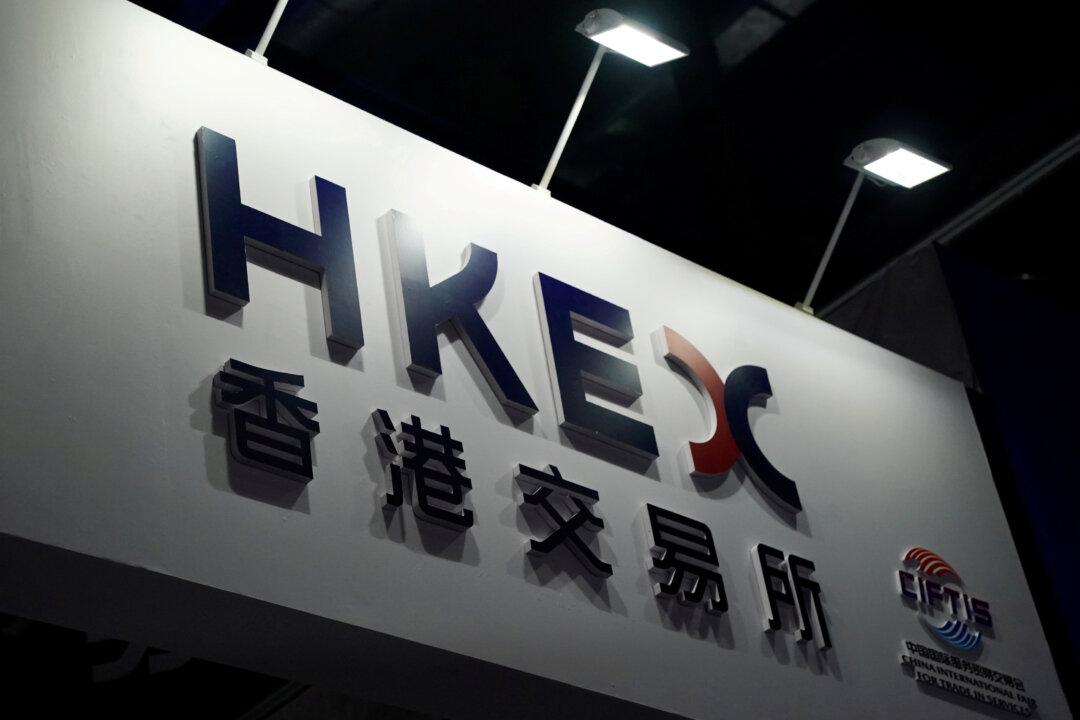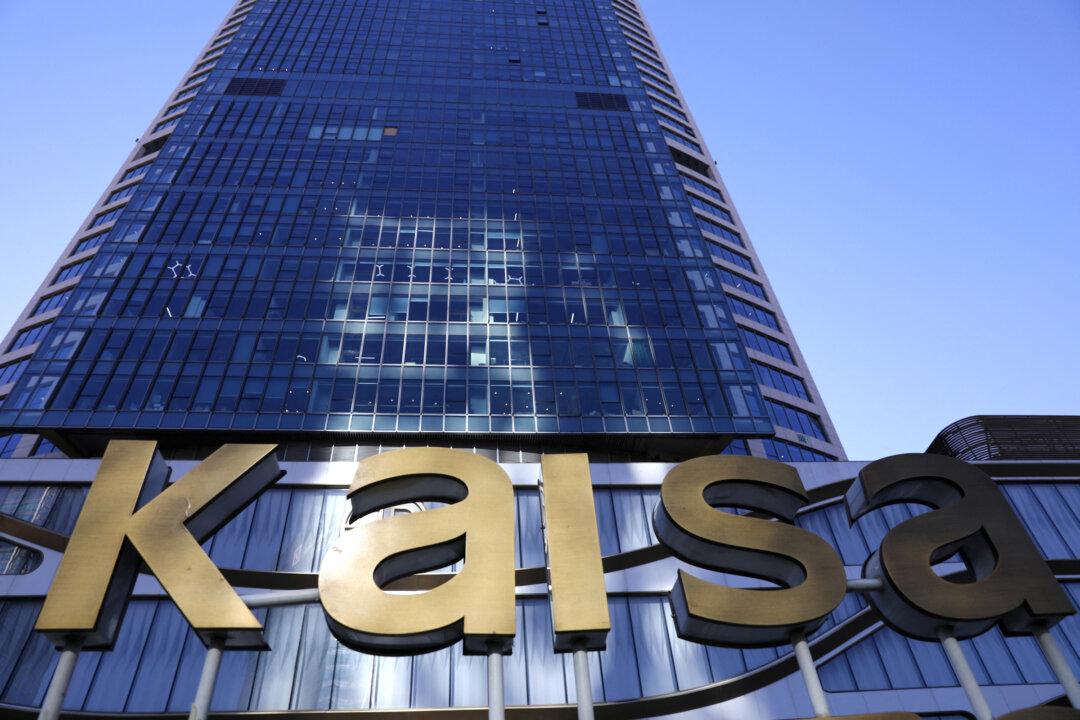International investors have sold their junk-bond holdings of Chinese property developers, driving borrowing costs to a decade high and further restricting the capacity of cash-strapped developers to access critical funding.
The average yield on an ICE Data Services index of Chinese high-yield dollar bonds, which property companies dominate, surged to close to 30 percent recently, up from 14 percent at the beginning of September, according to Financial Times. The surge has pushed the leading barometer of borrowing costs to its highest level since the 2008 global financial crisis.




